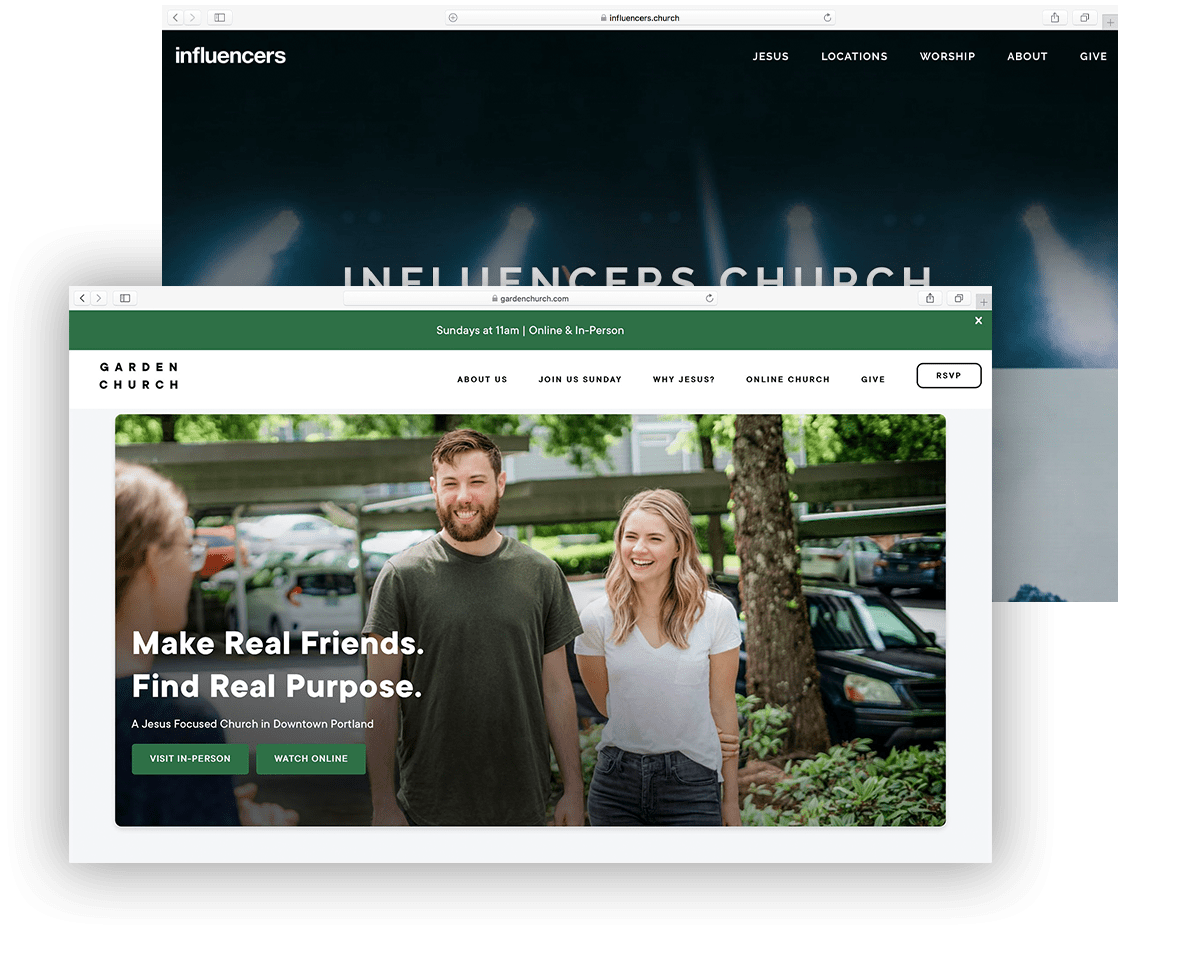As the world becomes more digital, having a strong online presence is becoming increasingly important for organizations of all kinds, including churches. Many churches have already recognized the importance of social engagement, but what about website engagement? In this blog post, we’ll explore why website engagement is important for churches and how a church website builder can help.

First, let’s define website engagement. Website engagement refers to how visitors interact with a website. It includes metrics like how long visitors stay on a website, how many pages they view, and what actions they take (e.g. filling out a form, making a donation, etc.). Essentially, website engagement measures how interested and invested visitors are in a website.
So, why is website engagement important for churches? For one, it can help churches better understand their visitors. By analyzing website engagement metrics, churches can get a better sense of what content is resonating with visitors and what areas of their website need improvement. This can help churches tailor their online presence to better serve their audience.
Additionally, website engagement can help churches achieve their goals. For example, if a church’s goal is to attract new visitors to their church, they can track the number of website visitors and the pages they view. This information can help the church determine which content and events are most appealing to potential visitors, and adjust their outreach strategy accordingly. A church website builder can also offer tools to create compelling content and interactive features that will encourage new visitors to learn more about the church and get involved. By tracking website engagement metrics related to new visitors, churches can improve their outreach efforts and ultimately grow their congregation.
So, how can a church website builder help with website engagement? A good church website builder will offer a variety of tools and features designed to boost engagement. Here are a few examples:
User-friendly design
A clean, easy-to-navigate website is essential for keeping visitors engaged. A church website builder should offer a variety of design templates and customization options to help churches create a website that looks great and is easy to use.
Engaging content
Content is king when it comes to website engagement. A church website builder should offer tools for creating and publishing high-quality content like blog posts, sermon recordings, and event listings.
Analytics
To measure website engagement, churches need access to analytics tools that track key metrics like pageviews, bounce rates, and conversion rates. A good church website builder should offer built-in analytics or integrations with popular analytics platforms like Google Analytics.
Interactive features
Interactive features like forms, polls, and surveys can help churches engage visitors and collect valuable feedback. A church website builder should offer tools for creating and embedding these features on a website.
While social media engagement is important, it’s not the only metric that churches should be paying attention to. Website engagement is equally important, as it can help churches better understand their audience and achieve their goals.



